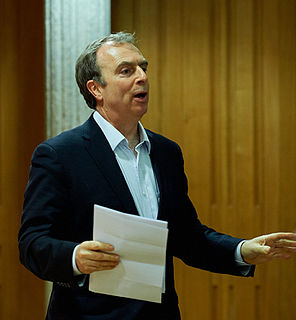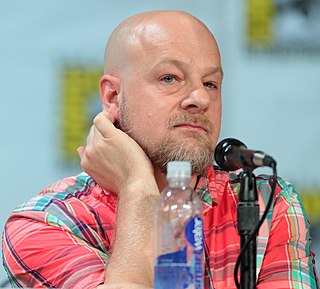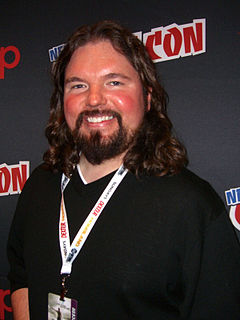A Quote by Peter Hitchens
The most terrifying thing I ever saw in a cinema, thanks to the carefully built-up drama, was in the ancient black-and-white film 'The Innocents,' based on Henry James's 'The Turn Of The Screw.' My skin actually crawled with horror.
Related Quotes
We had this terrible thing, this awful thing with 'Black and White' happened, where the design of 'Black and White' was actually... was hijacked by the fan sites. Because what happened is, there were so many fan sites on 'Black and White,' the hype on 'Black and White' was just ridiculously huge. It was completely out of our control.
We as black have to remind ourselves that we are a great people and we come from a great lineage. How can we say that we were Kings and Queens during ancient civilization but then turn around and say, 'we don't have privilege.' Who said that? What is that based on? Is that based on the white man's definition of privilege and what this system is showing us? Yes, of course.
With The Exorcist we said what we wanted to say. Neither one of us view it as a horror film. We view it as a film about the mysteries of faith. It's easier for people to call it a horror film. Or a great horror film. Or the greatest horror film ever made. Whenever I see that, I feel a great distance from it.
I lived right on the borderline of a black neighborhood. So I could go into the black area and then there'd be these ghetto theaters that you could actually see the new kung fu movie or the new blaxploitation movie or the new horror film or whatever. And then there was also, if you went just a little further away, there was actually a little art house cinema. So I could actually see, you know, French movies or Italian movies, when they came out.
While reading writers of great formulatory power — Henry James, Santayana, Proust — I find I can scarcely get through a page without having to stop to record some lapidary sentence. Reading Henry James, for example, I have muttered to myself, "C’mon, Henry, turn down the brilliance a notch, so I can get some reading done." I may be one of a very small number of people who have developed writer’s cramp while reading.
When I was a kid I wasn't allowed to watch horror movies at all. And actually, one of the genesis points for 'Mandy' and 'Black Rainbow' was this memory I have of being in video stores, reading the backs of videos and looking at the art, imagining some kind of non-existent imaginary film based on that.

































